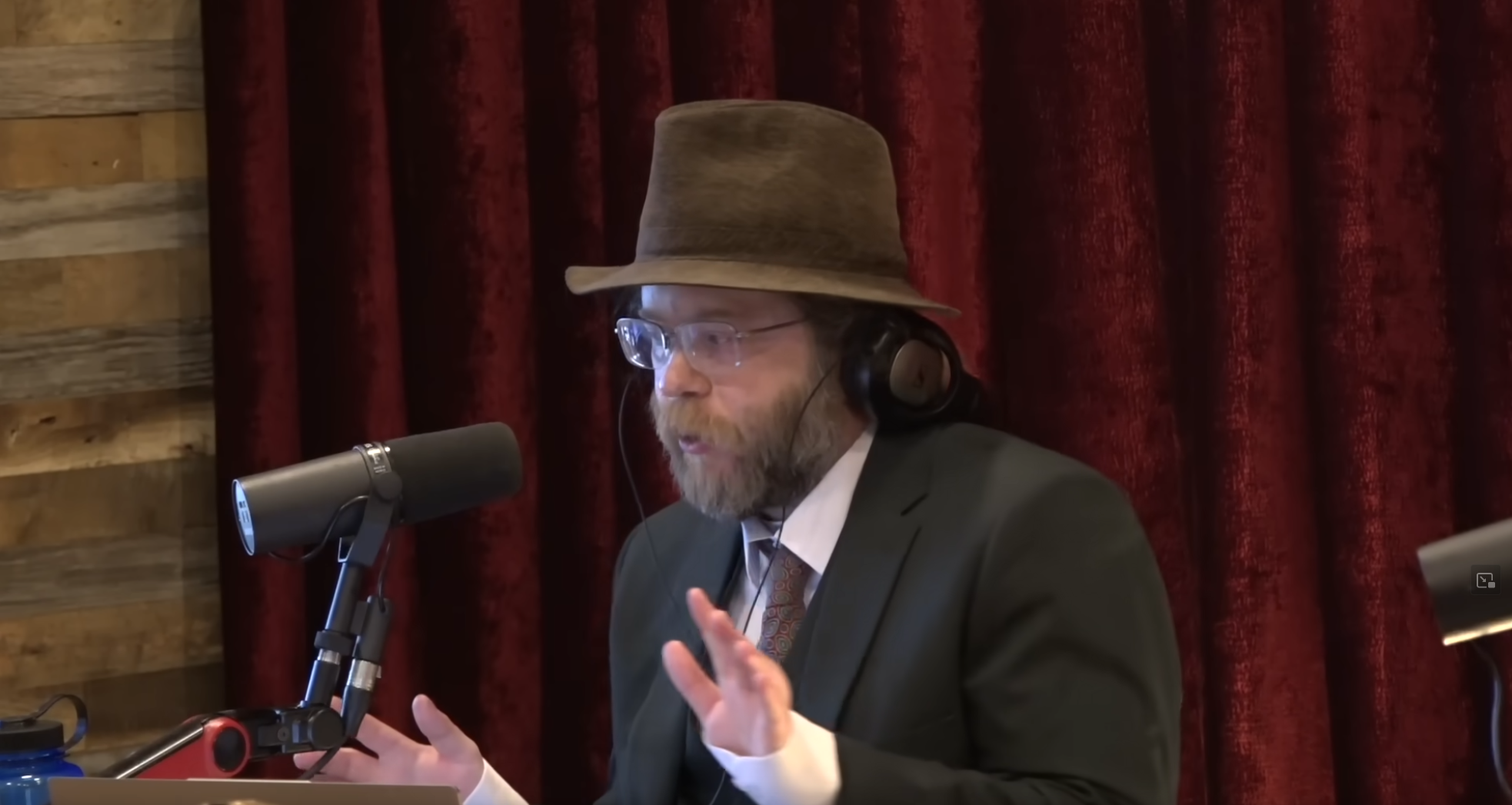Dibble vs. Hancock
A while back I was ranting about a new Netflix show called Ancient Apocalypse, created and hosted by Graham Hancock. Of course, I wasn’t the only archaeologist discussing the show, and many others weighed in. One of them was Flint Dibble, an academic currently working at Cardiff University, who also hosts a YouTube channel, Archaeology with Flint Dibble. Joe Rogan invited him on to his podcast to talk to Graham, and well he did. This is Dibble vs. Hancock.
Ancient Apocalypse
So, as I wrote, the Netflix show Ancient Apocalypse is a show created by Graham Hancock, a journalist, who proposes that the Earth was occupied by an advanced civilisation that brought knowledge to the then primitive Ice Age world, but disappeared due to a natural disaster. This is also the reason why we have yet to find any remains of this ancient civilisation.
These ideas are not new, however, and Hancock is simply recycling them. They go back to the late 19th century, when this ancient civilisation was called “Atlantis”. The same ideas were later used by the Nazis in their search for an Atlantean “master race”. So as you can see, not only are Hancock’s ideas not his own, they’re also very, very problematic.
Dibble vs. Hancock
Enter Flint Dibble. His reaction to Hancock’s show got a lot of attention immediately after the release of Hancock’s show on Netflix. He also caught the attention of Joe Rogan, an MMA commentator, comedian and podcaster. His podcast, The Joe Rogan Experience, is huge, by far the biggest. He has had Graham Hancock on his podcast many times, as Hancock’s theories fascinate Rogan. But to his advantage, he also invited Flint Dibble, a real archaeologist, to debate Graham Hancock.
The four and a half hour debate is very interesting, debating Hancock’s theories and discussing their verifiability. The two discuss a wide range of topics during the programme, which I can’t go into here. But right from the start, Hancock puts himself in the role of victim, ignored by mainstream archaeology, like so many others before him (who were later proven right). Later he compares the debate started by Flint (and many others) to the Inquisition. I don’t see the connection and found his personal attacks very odd. In the end it basically came down to one argument (IMHO): Can we infer theories from observations without evidence or not?
Further thoughts
I have to say that I have the utmost respect for Flint, as I thought he was very capable in debating Graham. It is somewhat unfair that one (Graham) can make one claim after another and the respondent (Flint) has to bring the evidence to counter it. But that’s the way pseudo-archaeology works. Having such a broad knowledge of archaeology on Flint’s side is not common, even for archaeologists. But he also missed a few shots (and I am aware that it is easier for me to come up with them afterwards than when I was in Flint’s place in the podcast).
Archaeology does not do enough
Graham keeps saying that archaeology hasn’t done enough to find evidence of a long-lost civilisation. He keeps asking how much of the submerged continental shelf has been explored. Of course it is only a fraction, but what archaeology can actually say is that we have found no evidence of Graham’s lost civilisation. This is important because if it did exist, we would have found traces of it (through trade or otherwise), even in the small area that archaeology has explored. Unfortunately, the evidence Graham presents is not up to modern standards. Flint comes back to this at the end, but I think it could have been a stronger point.
Feeling attacked
Then, at around 2:09:00, Graham gets personal and attacks Flint for his comments on his Netflix show because he feels mistreated. I ask what he wants archaeologists who disagree with his theories to do? We need to debate his theories, and if they are based on questionable theories based on racist thinking, that needs to be addressed. If Graham feels mistreated in this way, perhaps he should have thought about his ideas in the first place, or how to present them.
Media attention
Graham also keeps saying that Flint has a huge audience and therefore a lot of media attention and influence. Come on! In its first week, Graham’s show alone had 25 million viewers. He has written many books and, as he said himself, his expeditions are financed by the people who buy his books. So there are a lot of people who buy and read his books. Graham has a much bigger audience than Flint and that is quite obvious.
There were a lot of arguments that could have been made against Graham, but then again this is not an easy podcast to sit through. I also expected Rogan to be more biased, but found him to be actually quite fair to both guests. Anyway, congratulations to Flint for his efforts. By the way, at the time of writing, the podcast had over 4.6 million views. I don’t think there are many archaeologists out there who can honestly say that many people have ever listened to them… This was Flint taking his opportunity – and it was a really good and thoughtful one – to raise awareness of the poor funding situation in archaeology and how we need to get more money into the field to do more work. Well done!







